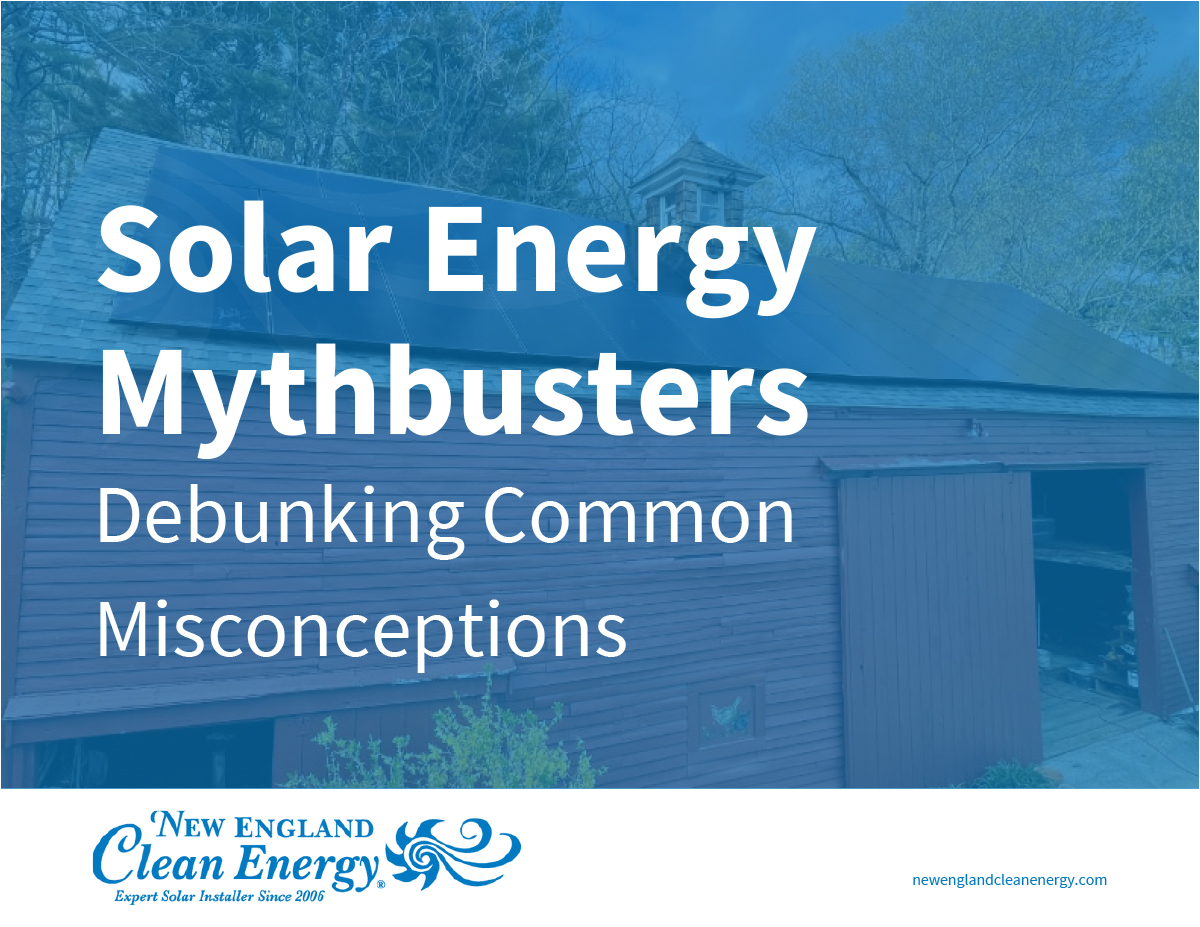The Lifespan of Solar Panels: How Long Do Solar Panels Last
The expected useful lifespan of a solar panel may surprise you
The Lifespan of Solar Panels: How Long Do Solar Panels Last
For many the idea of transitioning to renewable energy sources, like solar panels, is increasingly appealing. Not only does it promise potential cost savings in the long run, but it also reflects a growing environmental consciousness. However, a question often raised is: “How long do solar panels last?” And, “Should we wait for the next technological upgrade for solar?” Let’s dive into these pressing questions.
Solar Panel Lifespan: What Can You Expect?
Typically, solar panels come with a warranty of 25 years, but that doesn’t mean they stop working after this period. Instead, the efficiency of the panels will likely reduce over time. Most panels degrade at a rate of about 0.5% to 1% per year. So, even after 25 years, your panels could still be operating at around 75-87.5% of their original capacity, which is quite impressive.
The Temptation of Technological Obsolescence:
It’s human nature to want the best, the latest, the most advanced. In the world of technology, there’s always something new on the horizon. And while solar technology continues to advance, offering more efficient panels with each iteration, there’s a caveat. Waiting for the “next big thing” can become a never-ending cycle, leading some to perpetually delay their transition to solar energy.
The Cost of Waiting:
The idea of waiting for newer technology can be likened to waiting for the next smartphone model. Yes, the next version might have better features or improved performance. However, while you wait, you’re missing out on the immediate benefits the current technology offers. With solar panels, every year you delay is a year of potential energy savings lost. Over several years, this can amount to a significant sum, which might outweigh the benefits of a slight efficiency increase in future panel models.
Solar Energy MythBusters: Debunking Common Misconceptions
In this e-book, we will delve into and debunk some of the most common myths and misconceptions surrounding solar energy. As our global society shifts towards cleaner, more sustainable energy solutions, the importance of understanding the true potential of solar power has never been greater. Unfortunately, misinformation and outdated beliefs continue to cloud the conversation around solar energy, leading to confusion and hesitation among those considering making the switch. Whether it’s doubts about its efficiency, affordability, or environmental impact, many are still unaware of the vast benefits solar energy can offer. In the pages ahead, we will separate fact from fiction, helping you navigate through the noise and better understand the reality of solar power. Join us on this enlightening journey as we uncover the truth behind the most prevalent solar myths and set the record straight for a brighter, more sustainable future.
A Balanced Approach:
Rather than holding out indefinitely for technological advancements, a more balanced approach is to assess the current needs and potential benefits. If a solar panel system installed today meets your energy requirements and promises tangible savings, it’s likely to be worth taking the plunge now rather than waiting. Remember, the goal of solar energy isn’t just efficiency but also sustainability. Every year with solar is a year contributing to a greener planet.
Expected Lifecycle of Current Solar Panels:
- Warranty Period: Most modern solar panels come with a performance warranty of around 25 years. This warranty typically guarantees that the panels will operate at a minimum of 80-90% of their original efficiency by the end of this period.
- Degradation Rate: Solar panels naturally degrade over time but at a very slow rate. The industry standard degradation rate is about 0.5% to 1% per year. This means that after 25 years, a solar panel could still be operating at around 75-87.5% of its original capacity.
- Post-Warranty Performance: Even after the 25-year warranty period, solar panels don’t just stop working. They continue to generate electricity but at a decreasing efficiency. It’s not uncommon for solar panels installed in the 1980s and 1990s, which were less efficient than today’s models, to still be in operation. Depending on the quality of the solar panel, its location, and maintenance, some panels can even last up to 40 years, albeit with reduced efficiency.
- External Factors: The lifespan of a solar panel can be influenced by external factors such as:
- Geographical Location: Panels in areas with milder climates tend to have longer lifespans than those in areas with extreme weather conditions.
- Maintenance: Regular cleaning and maintenance can extend the life of solar panels. Panels covered in debris or dirt can’t absorb sunlight efficiently.
- Installation Quality: Proper installation can prevent issues like water leaks or electrical problems that might shorten the panel’s lifespan.
Solar panels are a durable, long-lasting investment. While it’s tempting to wait for the latest technology, there’s significant value in harnessing the power of today’s available options. As with many decisions in life, sometimes the best time to act is now. So, for those contemplating solar energy, consider the broader picture and the immediate benefits our current technology offers.

Have Questions about How You Can Make Solar Work For You?
New England Clean Energy is all about making it easy for you to get started and we offer two ways to find out how solar can work for your home or business!
Use our estimation tool to get an instant ballpark estimate and see savings with our self-assessment solar cost tool.
Speak with an expert solar consultant to get a free evaluation, with a complete and detailed proposal.


